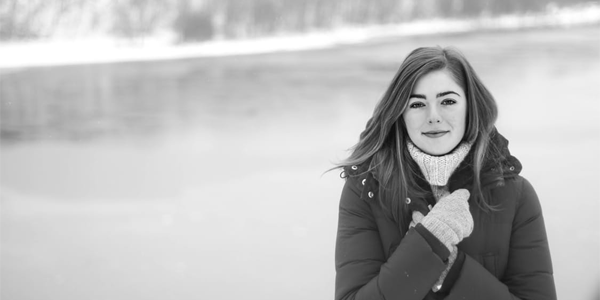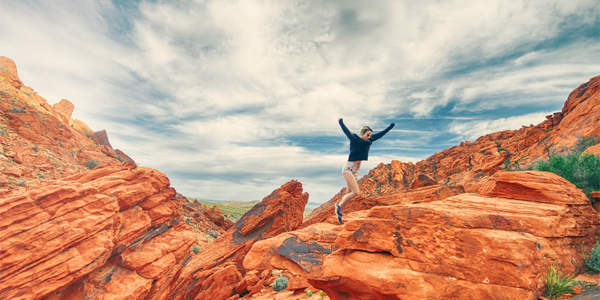April 4, 2020 – April 4, 2020
 | Register
| Register
Description:
American Heart Association
Heartsaver First Aid CPR AED
CPR Choice class taught at:
The Americenter, Denver, Co
 CPR Choice services your CPR and First Aid training needs for the Denver Metropolitan area. Our most popular CPR class is the American Heart Association Basic Life Support for Healthcare Providers. This class is intended for those in the medical field or students planning to enter the field. If you are a physician, nurse, CNA, medical assistant, physical therapist, respiratory therapist or anyone working in a health related field this is the CPR class for you.
CPR Choice services your CPR and First Aid training needs for the Denver Metropolitan area. Our most popular CPR class is the American Heart Association Basic Life Support for Healthcare Providers. This class is intended for those in the medical field or students planning to enter the field. If you are a physician, nurse, CNA, medical assistant, physical therapist, respiratory therapist or anyone working in a health related field this is the CPR class for you.
With several large hospitals in the Denver metro area, there are thousands of medical personnel that need CPR training every two years. We offer flexible class scheduling; days, nights and weekends. Our CPR classes are fun and engaging; we guarantee that you will leave feeling confident in your BLS skills.
Hospitals in Denver Area:
Let CPR Choice be your CPR certification solution! AHA Classes offered regularly and in multiple locations to serve you.
 The weather is changing and it’s always good to be prepared for Cold-Related Emergencies such as Hypothermia.
The weather is changing and it’s always good to be prepared for Cold-Related Emergencies such as Hypothermia.
Hypothermia is where your body loses heat faster than it can produce heat by staying too long in cold or wet conditions causing a dangerously low body temperature. It can become a medical emergency if not treated properly and quickly.
Some signs of low body temperature in a person can include:
If you suspect that a person has Hypothermia follow these steps:
Remember as a person’s body temperature continues to drop it may be hard to tell if the person is still breathing. The person may become unresponsive and even appear to be dead. If this happens start CPR immediately and call 911.
It is always a good idea to update your skills and practice by taking a class. CPR Choice offers many CPR & First Aid classes in the Denver area including the Front Range and Colorado Springs. Visit Peakcpr.com for a calendar of available classes or for a group please call 865-548-1500.
 The Colorado Rockies provide some of the best hiking and backpacking trails in the United States. Colorado is famous for its “fourteener” mountain summits reaching peaks above 14,000 feet. There are 53 fourteeners in Colorado making it a popular place for hikers to visit from all over the world.
The Colorado Rockies provide some of the best hiking and backpacking trails in the United States. Colorado is famous for its “fourteener” mountain summits reaching peaks above 14,000 feet. There are 53 fourteeners in Colorado making it a popular place for hikers to visit from all over the world.
Hiking can be fun but it can also be dangerous. High elevations mean less oxygen which can also induce altitude sickness. Here are some quick tips and advice for a safe hiking experience.
The outdoors can be so fun to explore but we always want to be safe. Sign up to learn CPR & first aid at one of our open enrollment classes. These CPR classes are open to the public and offered in the Denver & Colorado Springs on a regular basis. It is always better to be safe than sorry. Happy hiking.